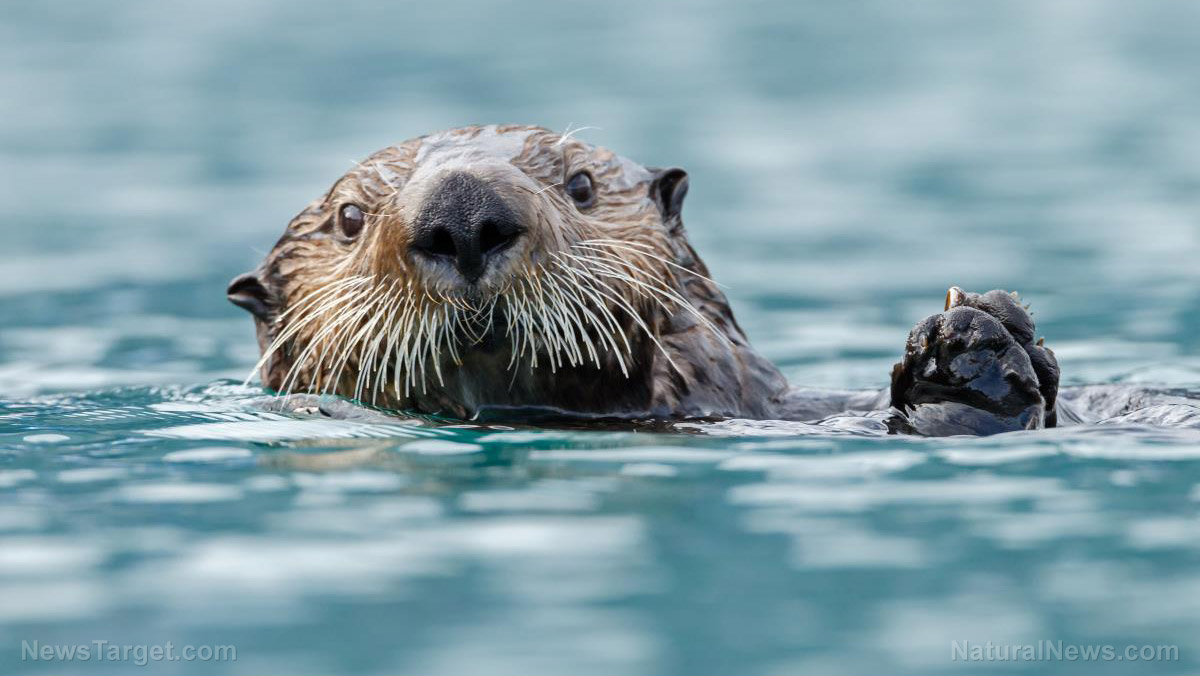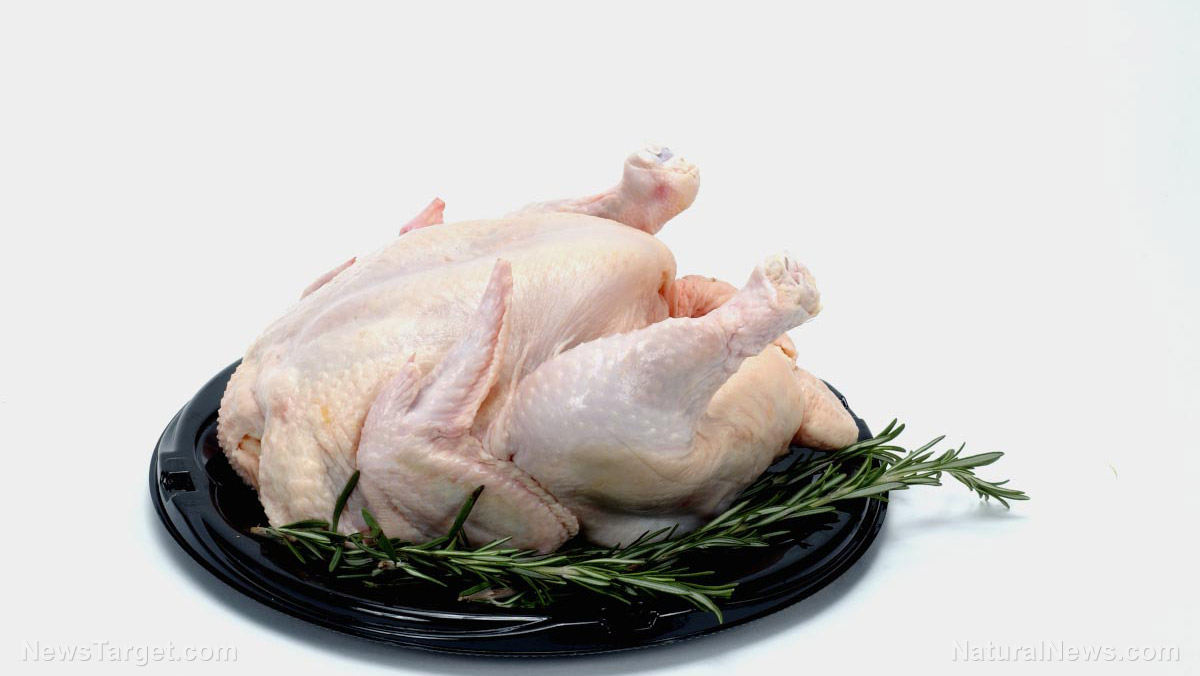 Parler
Parler Gab
Gab
- Denmark has mandated the methane-reducing feed additive Bovaer for its cattle.
- Farmers report cows collapsing, experiencing severe health issues and dying since the mandate began.
- The additive, 3-nitrooxypropanol, inhibits a key enzyme in the cow's digestive process.
- Agricultural groups are calling for an immediate suspension of the mandate pending an investigation.
- The situation raises concerns about the unintended consequences of industrial climate solutions on food systems.
The science behind the supplement
Bovaer, developed by the Dutch multinational DSM-Firmenich, is based on a synthetic compound called 3-nitrooxypropanol (3-NOP). Its purpose is to reduce the methane emissions for which cattle are famously known. The science is precise: it works by temporarily inactivating the enzyme methyl-coenzyme M reductase within the cow's rumen. This enzyme is crucial for the archaea microbes that convert hydrogen and carbon dioxide into methane. By disrupting this natural digestive process, Bovaer can reduce methane emissions by up to 45 percent. The product is approved for use in over 65 countries, including the United States and the European Union, where regulators deemed it safe based on years of company-submitted research.From theory to troubling reality
Despite prior testing, the real-world application of the mandate has yielded disturbing results. Since the October 1 implementation, the Danish Dairy Farmers’ Association has been inundated with calls from distressed farmers. The reports describe a consistent and alarming pattern: cows losing coordination and collapsing, developing high fevers and severe diarrhea, and suffering from inflamed udders. Milk production has plummeted by 20 to 40 percent in affected herds. Most tellingly, farmers report that when Bovaer is removed from the feed, the animals' conditions improve within days, only to deteriorate again if the additive is reintroduced.A historical pattern of industrial intervention
The current crisis in Denmark echoes a long history of industrial interventions in agriculture that have produced unintended side effects. From the widespread use of pesticides that later revealed ecological devastation to the overuse of antibiotics in livestock fueling resistance, technological fixes aimed at increasing efficiency or solving a single problem have often created new ones. The push to chemically alter the fundamental digestive process of a ruminant animal represents a new frontier in this pattern, treating a complex, evolved biological system as a simple machine to be optimized. This approach prioritizes a single metric—methane output—over the holistic health of the animal and the stability of the food supply it supports.Weighing climate goals against animal welfare
The situation has placed the Danish government in a difficult position, caught between its ambitious climate pledges and the immediate welfare of a cornerstone of its agricultural economy. The government had supported the mandate with substantial subsidies, illustrating its commitment to the policy. However, the National Association of Danish Milk Producers is now pressing for a full suspension of the mandate, arguing that the welfare of the animals must come first. An urgent investigation is underway at Aarhus University, but its preliminary findings are not expected until 2026, leaving farmers in a state of limbo.A precautionary conclusion
The distressing scenes unfolding on Danish farms serve as a stark warning about the potential perils of implementing large-scale, technologically complex solutions without a full understanding of their systemic effects. While the urgency of addressing climate change is undeniable, the health of the cattle suggests that Bovaer’s disruption of the rumen microbiome may be more profound than anticipated. This event forces a critical examination of whether manipulating the biology of livestock at an industrial scale is a sustainable path forward or a risky shortcut that could undermine the very food systems it aims to protect. The world will be watching Denmark, not just for its climate leadership, but for its next move in balancing ecological ambition with biological reality. Sources for this article include: Substack.com ZeroHedge.com Facebook.comBy Patrick Lewis // Share
From AI-related hiring surge to mass layoffs: Tech’s brutal U-turn
By Belle Carter // Share
Study: FOREVER CHEMICALS threaten British Columbia’s recovering sea otter population
By Ava Grace // Share
The kitchen mistake that’s spreading disease: Why washing raw chicken is a deadly gamble
By Willow Tohi // Share
Groundbreaking social media ban for under-15s proposed in Denmark
By Ava Grace // Share
Governments continue to obscure COVID-19 vaccine data amid rising concerns over excess deaths
By patricklewis // Share
Tech giant Microsoft backs EXTINCTION with its support of carbon capture programs
By ramontomeydw // Share
Germany to resume arms exports to Israel despite repeated ceasefire violations
By isabelle // Share










